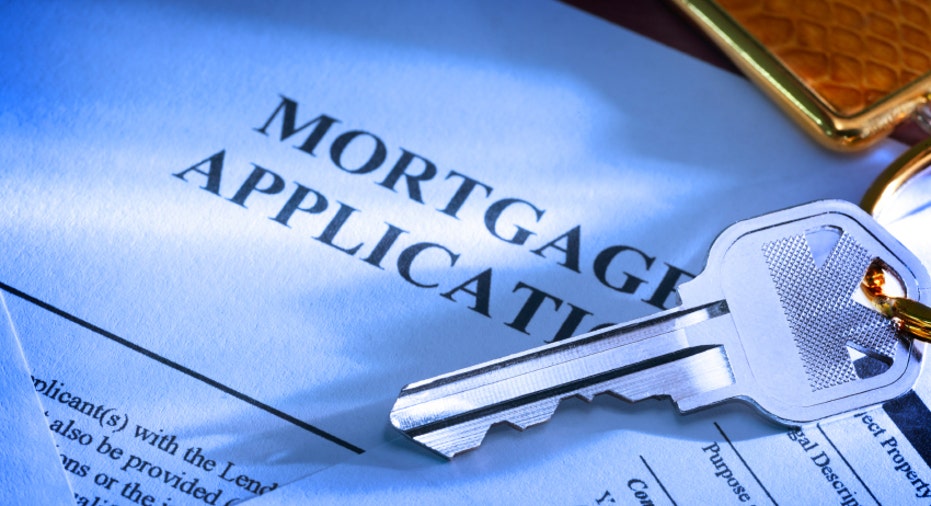How Will a Quitclaim Deed Affect my Credit?

Dear Debt Adviser,
I am a 71-year-old divorced woman with a lot of debt. I work part time to supplement Social Security. I own a house and a condo. I bought the condo when prices were high. I discovered I did not like condo living and rented it out and bought a house. I have mortgages on both. The person who holds my condo mortgage is willing to take it back with a quitclaim deed. Will I ruin my credit? Will I be responsible for any of the mortgage? Thanks a lot, you have a great column.
-H. Bell
Dear H. Bell,
You have asked two good questions, and there is a third question you didn't ask that trumps the others. Does it make sense to sell something that you bought at a high price and lost value just when real estate prices are rising? Before you sign away your condo, I want you to take a hard look at the economics of renting the condo for a few more years. Add in the tax benefits, an estimate of price appreciation and the rental income to all of the expenses and concerns of ownership you have.
Compare Mortgage Rates in Your Area
A chat with a real estate agent would be another thing I'd recommend. If your cost-benefit analysis comes up favoring a sale, then, by all means, go ahead and get out. But you may get a pleasant surprise if you can hold out for better timing.
The mortgage on your condo is privately held by the original owner, or, in other words, owner-financed. Based on that interpretation, it shouldn't ruin your credit if you signed over the condo with a quitclaim deed. Most sellers who do this sort of financing don't report to the credit bureaus unless they do a lot of buying and selling of properties to people who can't qualify for mortgages on their own. Even if the owner did report to the bureaus, you'd have to be late on mortgage payments in order to negatively affect your credit, and you're not.
A quitclaim deed conveys all your interest in the property to the person named in the deed. However, it does not automatically release you from the mortgage loan associated with the property. The condo owner needs to provide you with a release of mortgage, in return for the quitclaim, stating that the mortgage has been satisfied and releasing you from any further responsibility.
Keep in mind that should you decide to release your interest in the property to the mortgage holder, you would likely lose any equity that you may have accrued during the time you owned the property. If you have a large amount of equity, you might do better putting the condo on the market, rather than signing it back to the previous owner. Of course, if the opposite is true and the condo is underwater (you owe more than it would sell for) then the previous owner's offer would be a great deal for you.
Because you will be dealing with legal documents and a lot of money, I strongly suggest that you hire an attorney to represent your interests and to assure that all documents are written and filed correctly.
Good luck!
Ask the adviser
To ask a question of the Debt Adviser, go to the "Ask the Experts" page and select "Debt" as the topic. Read more Debt Adviser columns and more stories about debt management.
Bankrate's content, including the guidance of its advice-and-expert columns and this website, is intended only to assist you with financial decisions. The content is broad in scope and does not consider your personal financial situation. Bankrate recommends that you seek the advice of advisers who are fully aware of your individual circumstances before making any final decisions or implementing any financial strategy. Please remember that your use of this website is governed by Bankrate's Terms of Use.
Copyright 2013, Bankrate Inc.



















